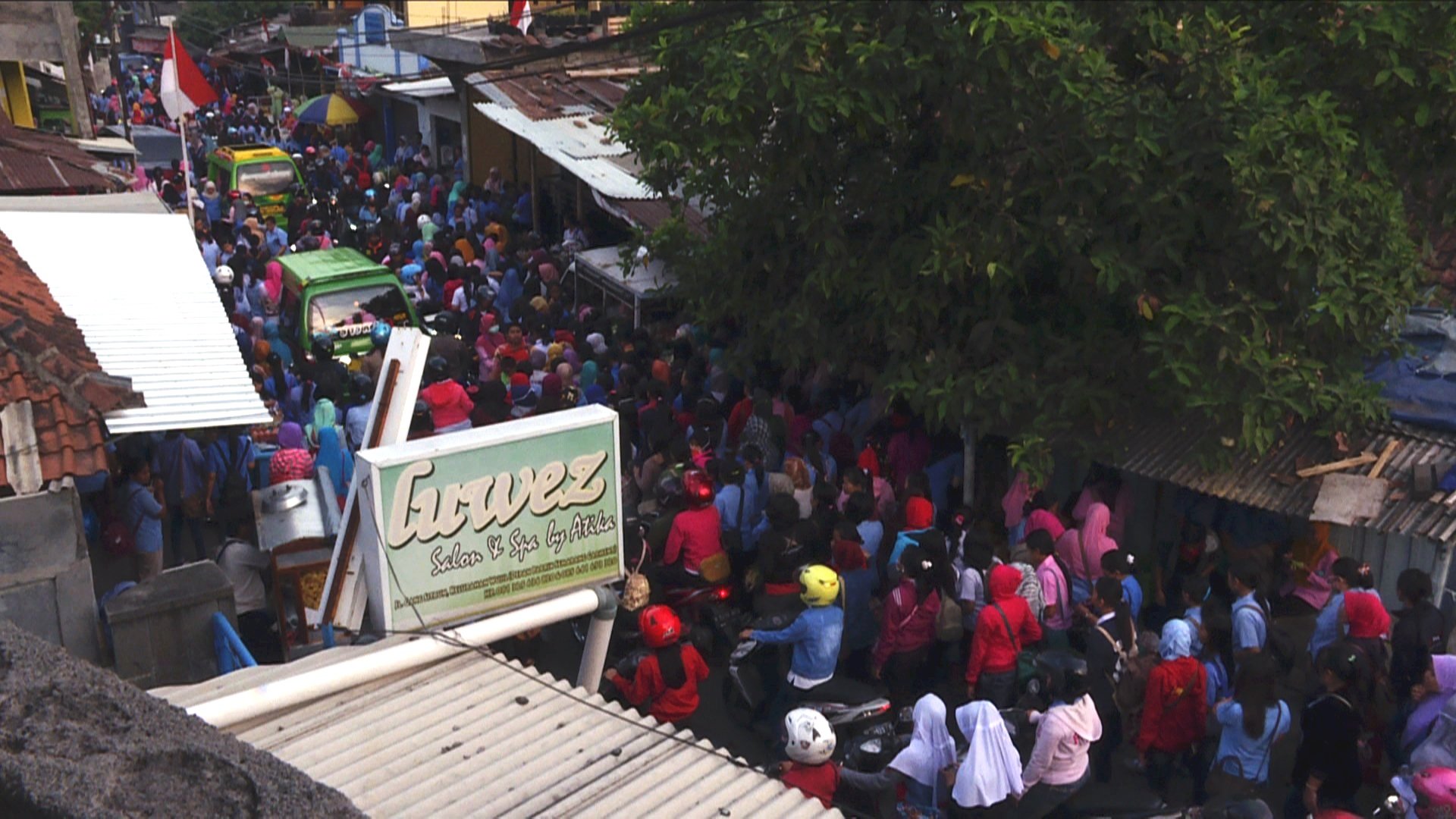Contemporary urban transitions
The urban transition is the historical period when a society comes to organize itself into physically and demographically dense settlements that function through a complex division of labor – in other words, when it becomes majority-urban. My research investigates how the technological, demographic, and climatic conditions of the 21st century shape the urban transitions of today, which are primarily unfolding in Asia and Africa. I also use comparative methods to consider how contemporary urban transitions compare to those of the past, and how they might introduce novel challenges to urban development, governance, and planning.
Related Publications
Randolph G.F., Storper M. (2022) Is urbanisation in the Global South fundamentally different? Comparative global urban analysis for the 21st century. Urban Studies. doi:10.1177/00420980211067926.
Randolph, G.F. & Deuskar, C. (2020). Urbanization Beyond the Metropolis: Planning for a Large Number of Small Places in the Global South. Journal of Planning Education and Research. doi:10.1177/0739456X20971705.
Randolph, G.F. & Storper, M. “Internal Migrations and Urban Transitions: A Comparative Perspective,” in LeGales, Patrick & Robinson, Jennifer (eds.), Routledge Handbook of Comparative Urban Studies. Routledge.
